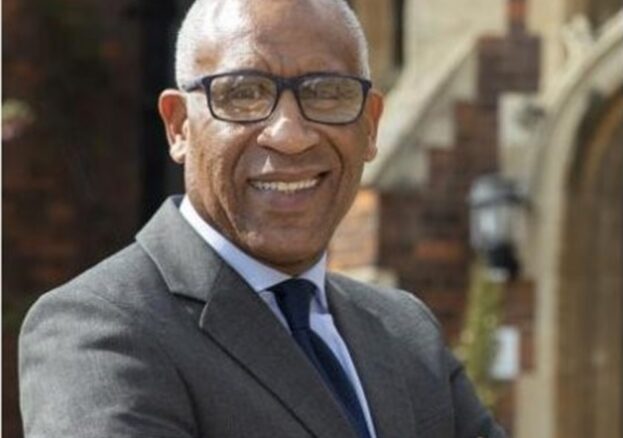
I am always struck by the deluge of micro aggressions many Black people have to face, often on a daily basis. On a train, for example, you’ll be the last person a white traveller will sit next to as they asses where to sit. In London you’ll need on average two or three vacant black cabs for one to stop. In shops and in stores the body language of the service provider readily tells you’re not welcome. These unspoken and at times spoken narratives at work and beyond are designed to make you feel less than others. Whether you’re going for a job or looking for promotion, many will be familiar with:
- “You could do with a bit more training”
- “ We’re not quite sure they’ll fit in”
- “Wait a few more years and then apply again”
Given the nature of these micro aggressions they are difficult to call out. And even if you wanted to, you probably don’t for two fundamental reasons: first, you’ll be accused of having chip on your shoulder, which is the same as being gaslighted. Second, and equally important, is the simple fact we’ve built a pretty resistant shield to these micro aggressions that allows us to get on with life. We know if we don’t the mental anguish does not allow us to keep moving positively forward.
I’ll give you an example. London black cabs again. I’m smartly dressed – I know that shouldn’t matter – in London’s West End and I join a queue on a taxi rank. A cab pulls up along side me, strains his neck to have a look and then drives by. The taxi behind pulls up and ushers me in and I’m ready to go. He turns to me and says, “ I wouldn’t have believed it unless I witnessed that with my own eyes”. Feeling that I must have missed something dramatic, I said, “ what did you witness”? “ The cab in front. That was shocking”. “Oh, that” I shrugged. “ At least you stopped” I replied with human warmth.
Our coping or surviving mechanism has meant we’re so used to these micro aggressions that they’re noted but disappear as soon as they arrive.
There are other narratives that we mustn’t ignore and that we must reclaim because these victories and reclamation make a dramatic difference personally and in society too.
A dramatic illustration of reclaiming the narrative was when the Cambridge academic, Nathan Cofnas swam in the cesspool of debunked eugenics to claim that “Blacks would disappear from almost all high-profile positions outside of sports and entertainment.” Not content with the pseudo-science that claims Black people are inferior to take leadership roles, it invites racial discord and potentially hatred by also stating: “ Whites are the ones who brought blacks out of African and created the conditions where they failed to develop a culture of homework, respect for the law and strong nuclear families.”
We have to both challenge and reclaim this poisonous narrative not just because Cofnas is a Cambridge academic, which by default gives him a huge platform, but also because until we complained he was potentially teaching and supervising Black and white anti racists students at Cambridge.
Our role to reclaim the narrative also challenges the notion that freedom to insult and insight racial hatred can go against the values of an organisation.
To me, there’s another part of reclaiming of the narrative, which is less defensive and more celebratory. I often seek to unearth, reclaim and shout about a leadership skill and narrative that is akin to superpower.
As a Black person walking into a senior leadership space that is predominantly white, I would argue you engage your superpower without even knowing what you’re actually doing. Long before you even arrived in the room you had to seriously think about what you’ll wear. You instinctively know that to be taken seriously from the get-go, you’ll have to walk in smart. Then when you walk in particularly if it’s new people, more often than not it’s you that approaches a colleague or a stranger with a smile and starts small talk; ‘how are you today’, ‘it’s shocking weather’, etc. Finally, when you do speak you’ll be acutely aware you’ve got one chance to impress. There’s no middle ground . You either fail, or you impress. When you impress, people will say, ‘she was so articulate, so impressive’. As though it was a surprise for someone like you to deliver well.
The superpower you’ve illustrated is both an ability to wonderfully read the room, to make the room feel at ease, and then win them over. And most will be unaware they are doing that all the time. Acknowledging, reclaiming and owning the skill allows you to do it better, but also gives you greater confidence to you worth.
During this Black History Month reclaiming this narrative will be life changing to you and to those around you.
Happy Black History Month
Sir Simon Woolley (Lord Woolley of Woodford) is the Principal of Homerton College at the University of Cambridge.
